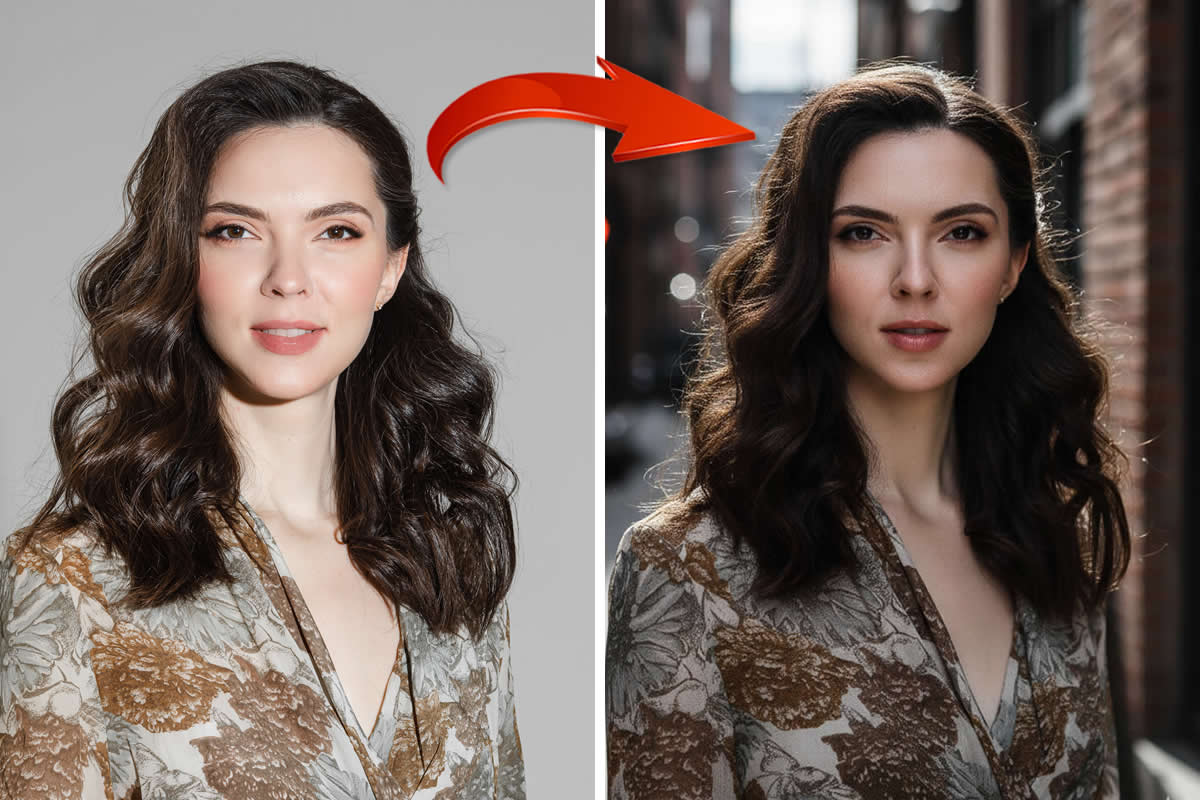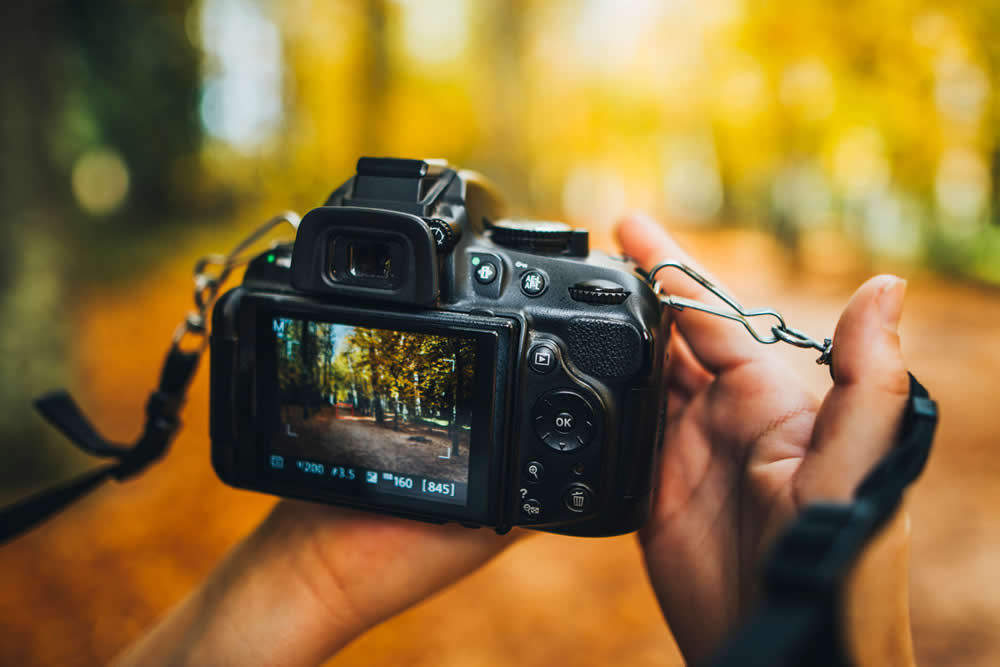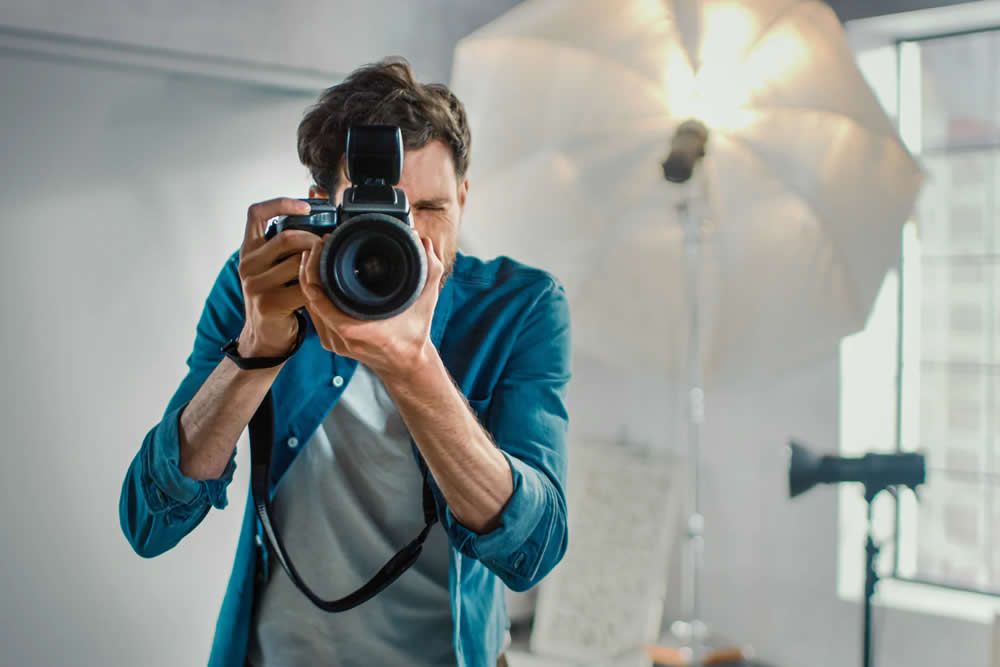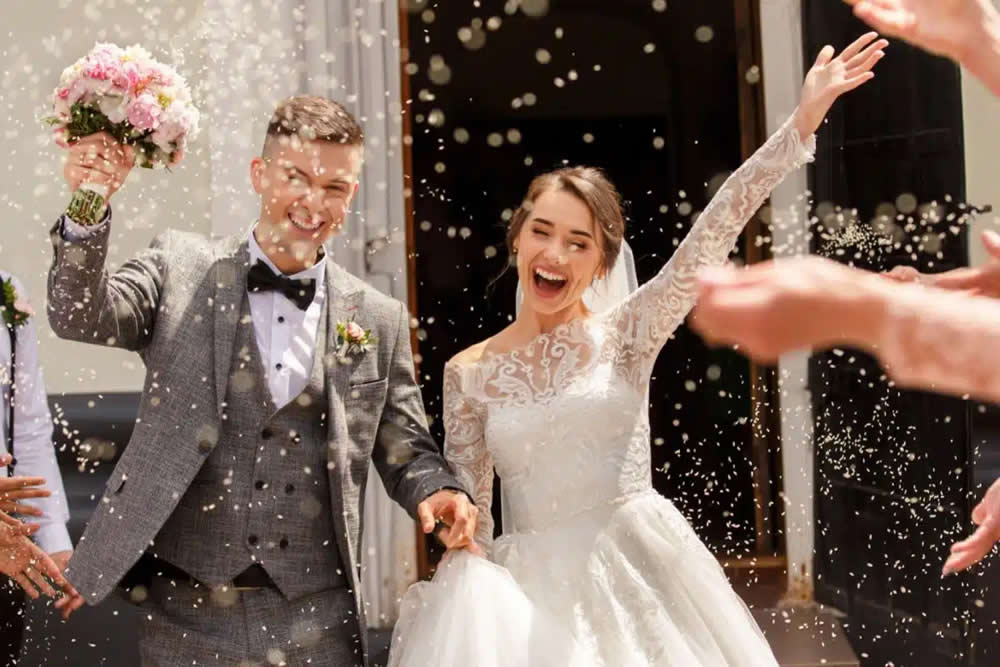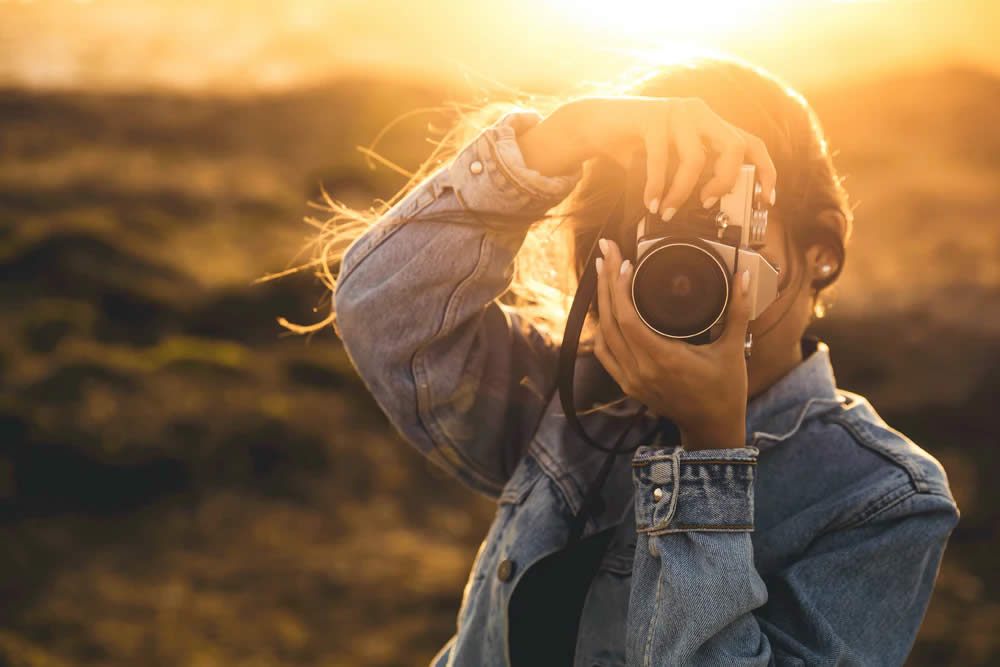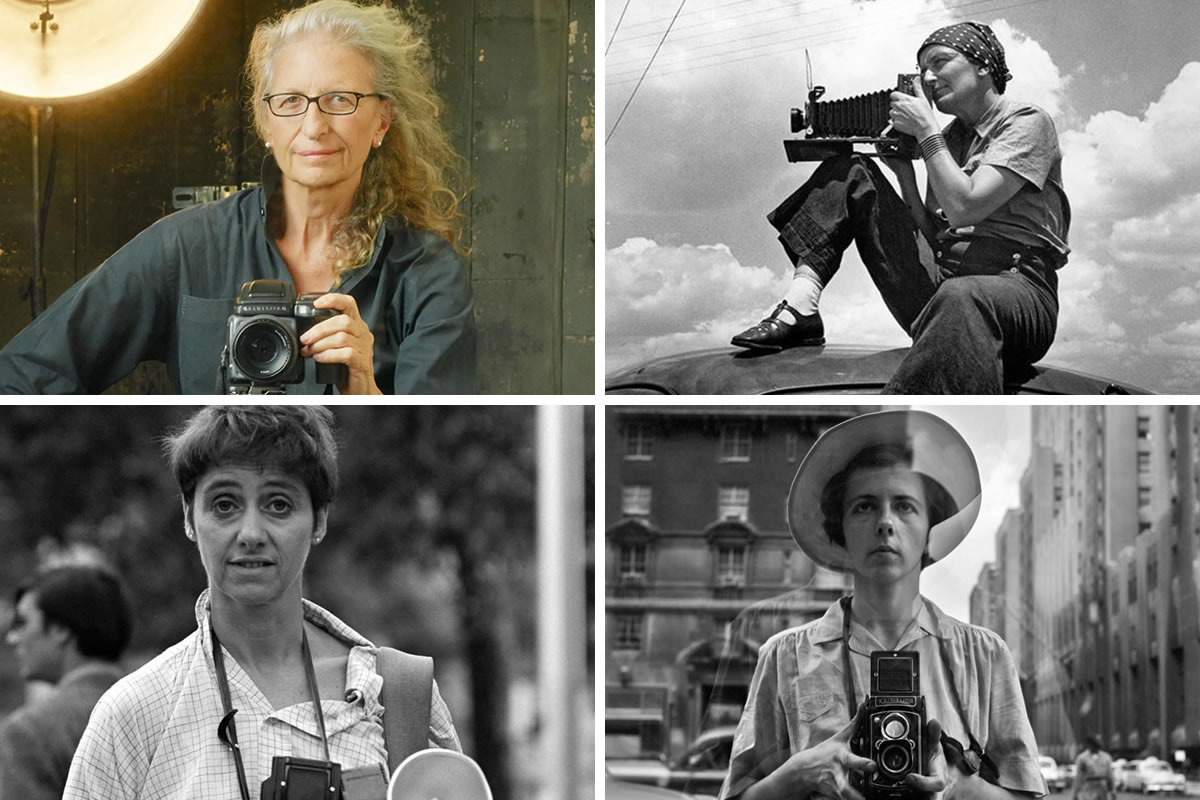Street photography is a genre that captures the essence of everyday life in public places. It’s spontaneous, candid, and often unpredictable. For those passionate about capturing the world as it unfolds, here are five crucial things every street photographer should know.
Photos by Maciej Dakowicz

1. Know Your Equipment Inside Out
Understanding Your Gear
Whether you’re using a high-end DSLR, a mirrorless camera, or even a smartphone, knowing your equipment inside out is essential. Understanding the functions and limitations of your camera will allow you to react swiftly to fleeting moments. Spend time familiarizing yourself with different settings like aperture, shutter speed, and ISO. Practice using manual mode, as it offers greater control over your shots.
Choosing the Right Lens
A prime lens with a focal length between 35mm and 50mm is often preferred for street photography. These lenses are versatile and mimic the human eye’s field of view, making your photos feel more natural. However, don’t be afraid to experiment with other lenses, such as wide-angle for dramatic perspectives or telephoto for capturing distant subjects.
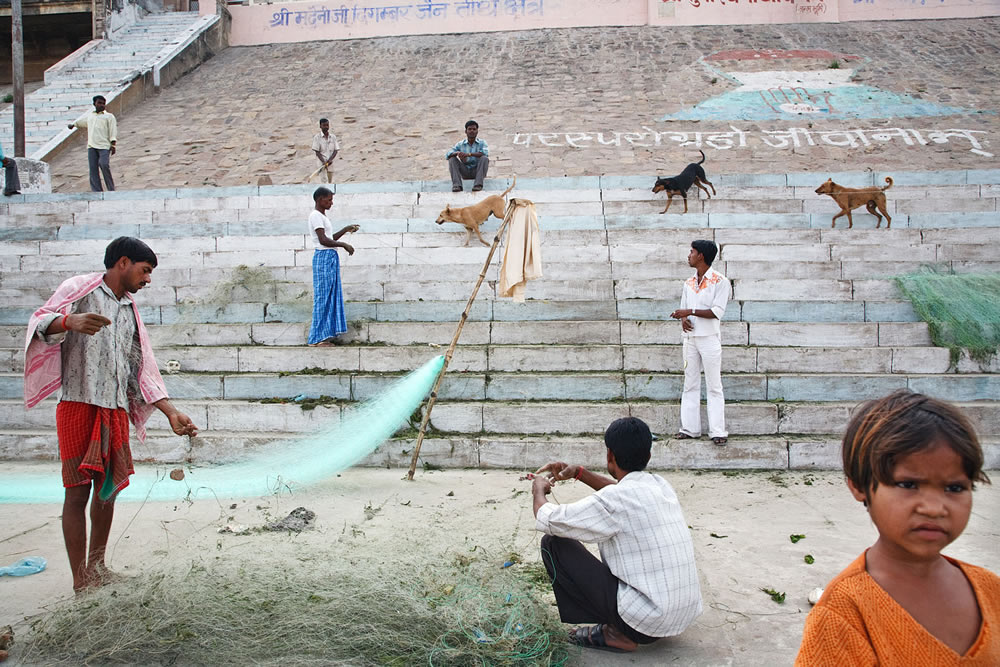
2. Embrace the Art of Observation
Be Invisible
The best street photographers have a knack for blending into their surroundings. Dress inconspicuously and move calmly to avoid drawing attention to yourself. This allows you to capture candid moments without disturbing the scene.
Patience is Key
Street photography requires patience. Sometimes, you might have to wait for the perfect moment to unfold. Find a good spot, settle in, and observe. Pay attention to details, expressions, and interactions. The streets are full of stories waiting to be told, and a keen eye will help you capture them.

3. Respect Your Subjects
Ethical Considerations
While street photography often involves candid shots of strangers, it’s crucial to respect your subjects. Be mindful of people’s privacy and personal space. If someone notices you taking their picture and seems uncomfortable, be prepared to engage in a polite conversation, explain your intent, or simply move on.
Seeking Permission
In some situations, asking for permission can lead to more intimate and powerful portraits. Approaching people with a smile and a respectful attitude can open doors to interesting stories and unique photo opportunities.
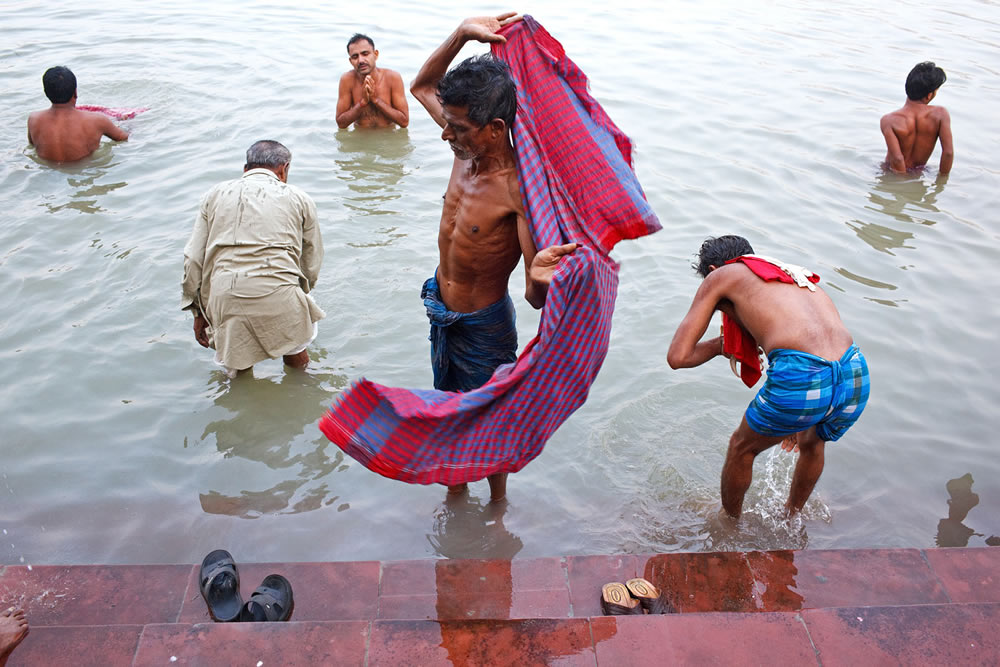
4. Master the Use of Light
Natural Light
Light is a fundamental element in photography, and mastering its use can elevate your street photos. Early morning and late afternoon, known as the golden hours, offer soft and warm light that can add a magical quality to your images. Overcast days provide diffused light, which is excellent for even, shadow-free portraits.
Shadows and Silhouettes
Don’t shy away from harsh sunlight either. Strong light and shadows can create dramatic effects and interesting compositions. Look for opportunities to play with silhouettes, reflections, and contrasts.
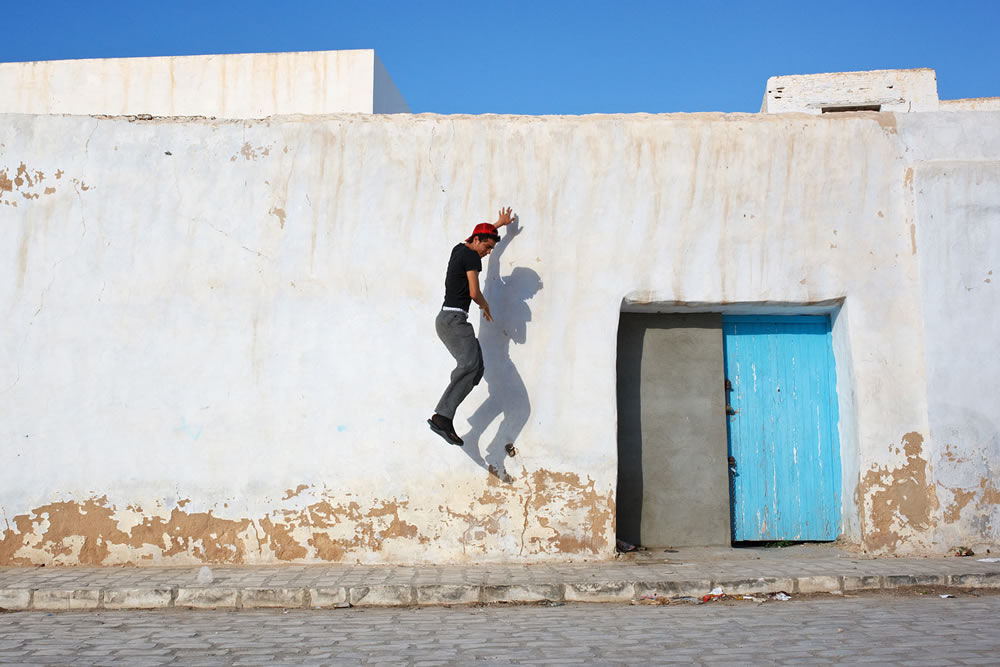
5. Develop Your Unique Style
Study the Masters
Study the work of renowned street photographers like Henri Cartier-Bresson, Garry Winogrand, and Vivian Maier. Analyze their techniques, compositions, and how they captured the essence of the streets. Understanding the history and evolution of street photography can inspire and inform your own work.
Experiment and Evolve
Developing a unique style takes time and experimentation. Don’t be afraid to try different techniques, perspectives, and subjects. Review your work critically and seek feedback from peers. As you grow as a photographer, your style will naturally evolve and mature.

Conclusion
Street photography is a rewarding pursuit that combines technical skills with an acute sense of observation and human connection. By knowing your equipment, embracing patience and observation, respecting your subjects, mastering light, and developing your unique style, you’ll be well on your way to capturing compelling street photographs that tell authentic stories.


